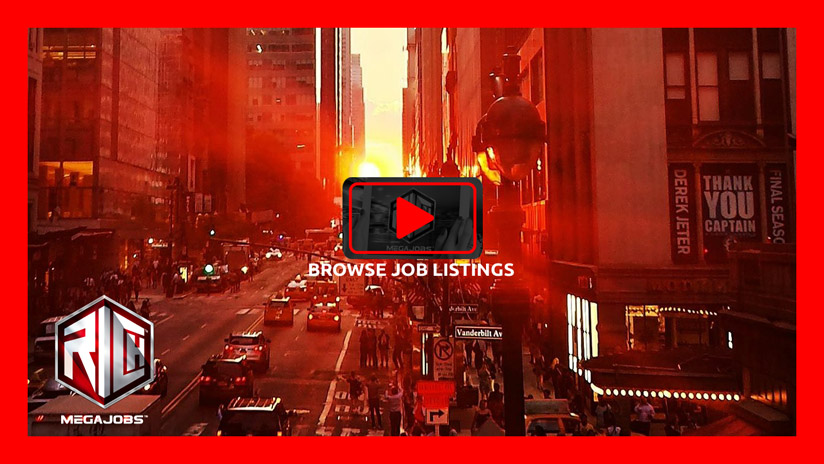In today’s labor market, a perplexing trend has emerged: many entry-level jobs demand years of experience. This phenomenon leaves job seekers, particularly recent graduates, grappling with the question, “Why do entry-level jobs require years of experience?” Understanding this paradox involves delving into several factors that influence hiring practices and the broader economic environment.
The labor market has undergone significant changes over the past few decades. Globalization, technological advancements, and the aftermath of economic recessions have reshaped the employment landscape. Employers are now more focused on minimizing risks associated with hiring. By requiring experience, companies hope to ensure that new hires can quickly adapt to their roles and contribute effectively. This shift has led to a higher bar for entry-level positions, where even roles traditionally open to newcomers now seek seasoned candidates.
High unemployment rates, particularly during economic downturns, increase competition for available jobs. During such periods, a surplus of experienced professionals may find themselves applying for positions below their previous level of employment. Employers, seeing an opportunity, raise the requirements for entry-level roles, knowing they have a larger pool of experienced candidates to choose from. This trend was evident during the Great Recession, where many overqualified individuals sought employment in less demanding roles, inadvertently raising the bar for entry-level positions.
Another factor contributing to the experience requirement is the perceived skills gap. Employers often report that recent graduates lack the practical skills needed for the workplace. Despite having academic knowledge, new entrants may lack hands-on experience or soft skills such as teamwork, communication, and problem-solving. By demanding prior experience, employers aim to bridge this gap, seeking candidates who have already developed these essential skills in a professional setting.
Training new employees is a significant investment for companies. It involves time, resources, and money. Employers prefer candidates who can hit the ground running with minimal training, reducing the time and cost associated with onboarding. Experienced candidates are perceived to have a shorter learning curve, making them more attractive for entry-level jobs that demand immediate productivity.
Internships and co-op programs have become increasingly important in the hiring process. These programs provide students with the opportunity to gain relevant experience while still in school. As a result, many employers now view internships as a critical component of a candidate’s qualifications. This emphasis on pre-graduation experience means that those without internships or similar experiences are often at a disadvantage, even for entry-level roles.
There is also a trend of job description inflation, where the requirements listed in job postings exceed what is necessary for the role. Employers may list extensive qualifications to attract top-tier talent, even if the role itself does not require such experience. This practice can deter less experienced candidates from applying, despite their potential to perform the job effectively.
The requirement for years of experience in entry-level jobs is a multifaceted issue rooted in the evolving dynamics of the labor market, economic conditions, skills gap, and employer expectations. While this trend presents challenges for new job seekers, understanding these underlying factors can help candidates better prepare and strategize their entry into the workforce. Leveraging internships, networking, and continuous skill development are essential steps for navigating this competitive landscape and securing an entry-level job despite the daunting experience requirements.
#financialfreedom #financialeducation #jobsearch
0:00 Intro
0:21 “Everyone Needs To Start Somewhere Just Not With Us”
2:03 Why Companies Stopped Training Skills And Instead Demanding Them
3:30 Why You Can’t Get An Entry Level Job With A College Degree
5:03 Why The Hiring Process Is A COMPLETE Disaster
7:28 Examples (Frustrating But Not Surprising)
10:48 The Impact ATS Software Has On Your Application
11:38 How AI And Outsourcing Has Removed The Entry Level Job
12:44 What Employers ACTUALLY Mean Bt Entry Level
13:37 Conclusion
Titles for the Algo!
Why Entry Level Jobs Now Need Years Of Experience
Why Entry Level Jobs Now Demand Years Of Experience
Why “Entry” Level Jobs Demand Years Of Experience
Why Entry Level Jobs Now Need 3-5 Years Of Experience
What Actually Happened To Entry Level Jobs
What Happened To The REAL Entry Level Jobs
Do Entry Level Jobs Still Exist?



